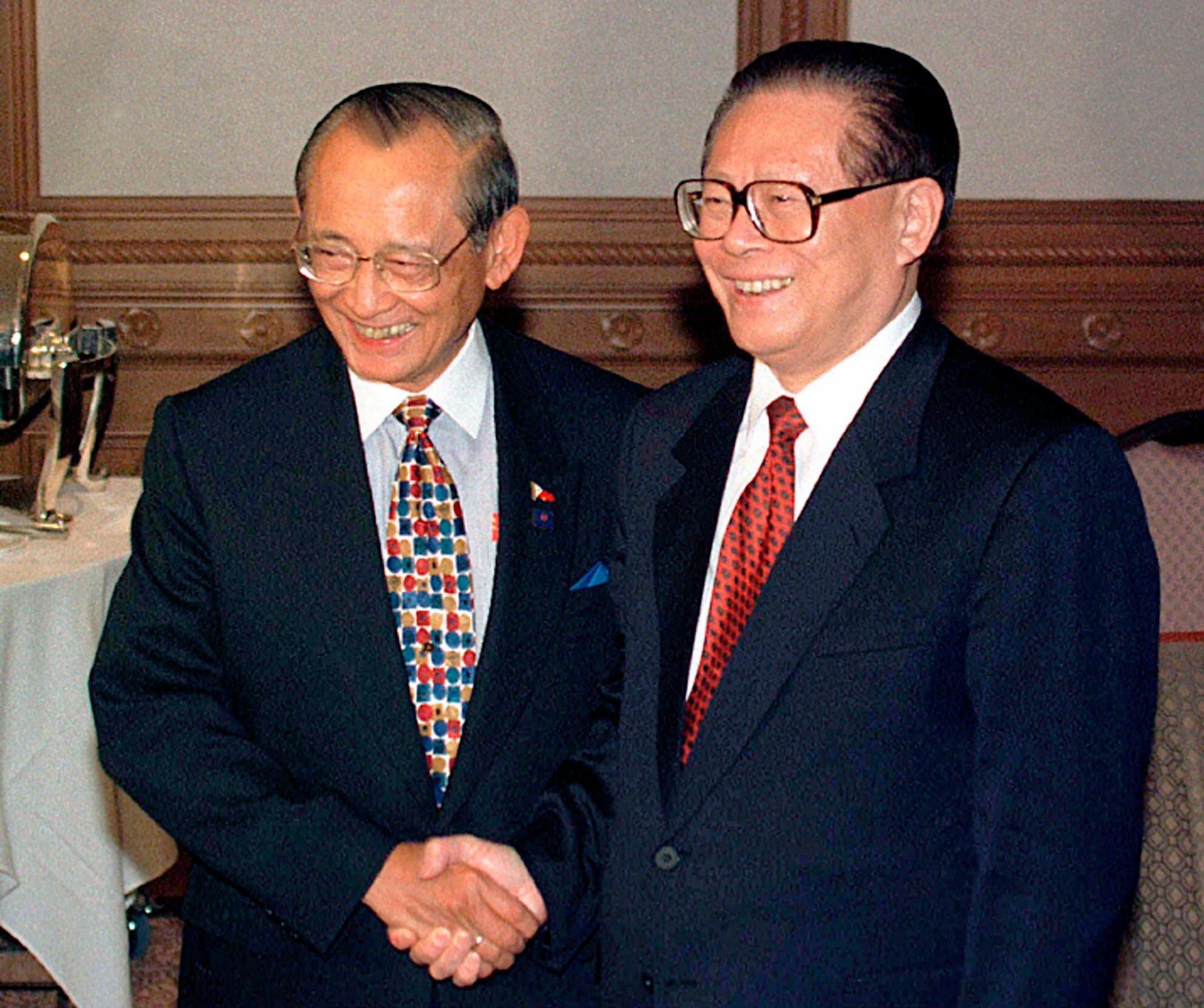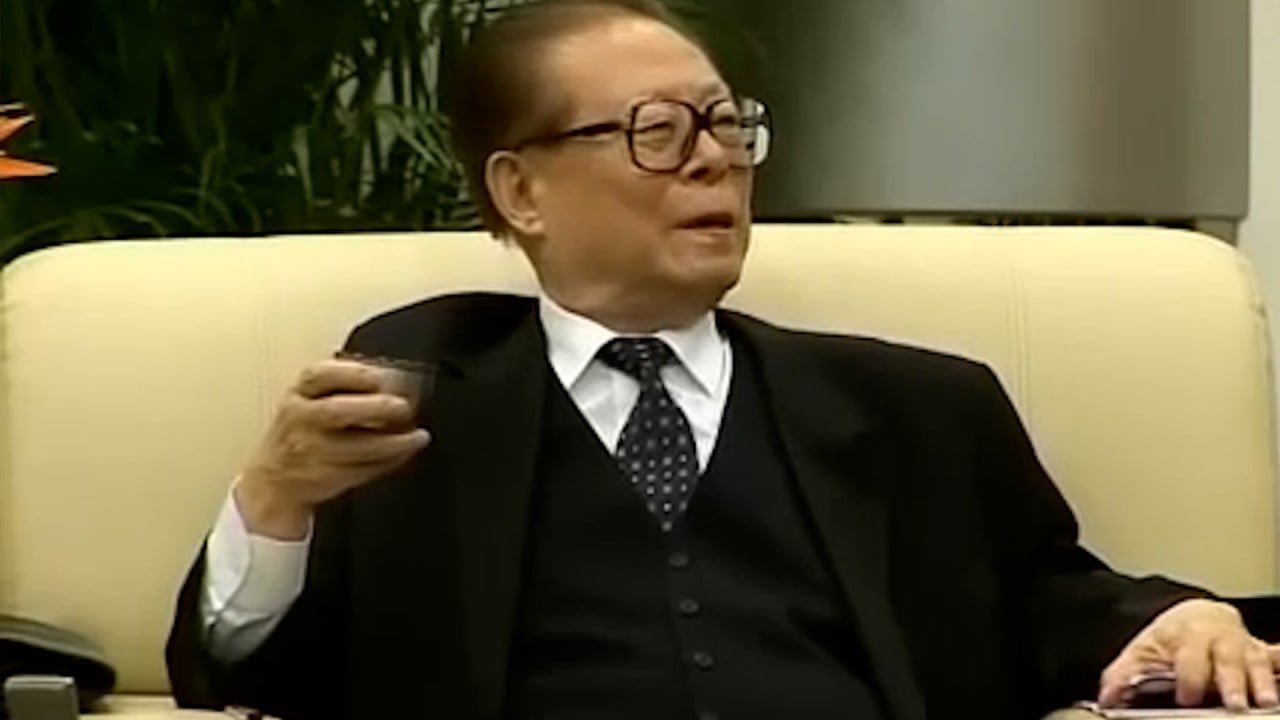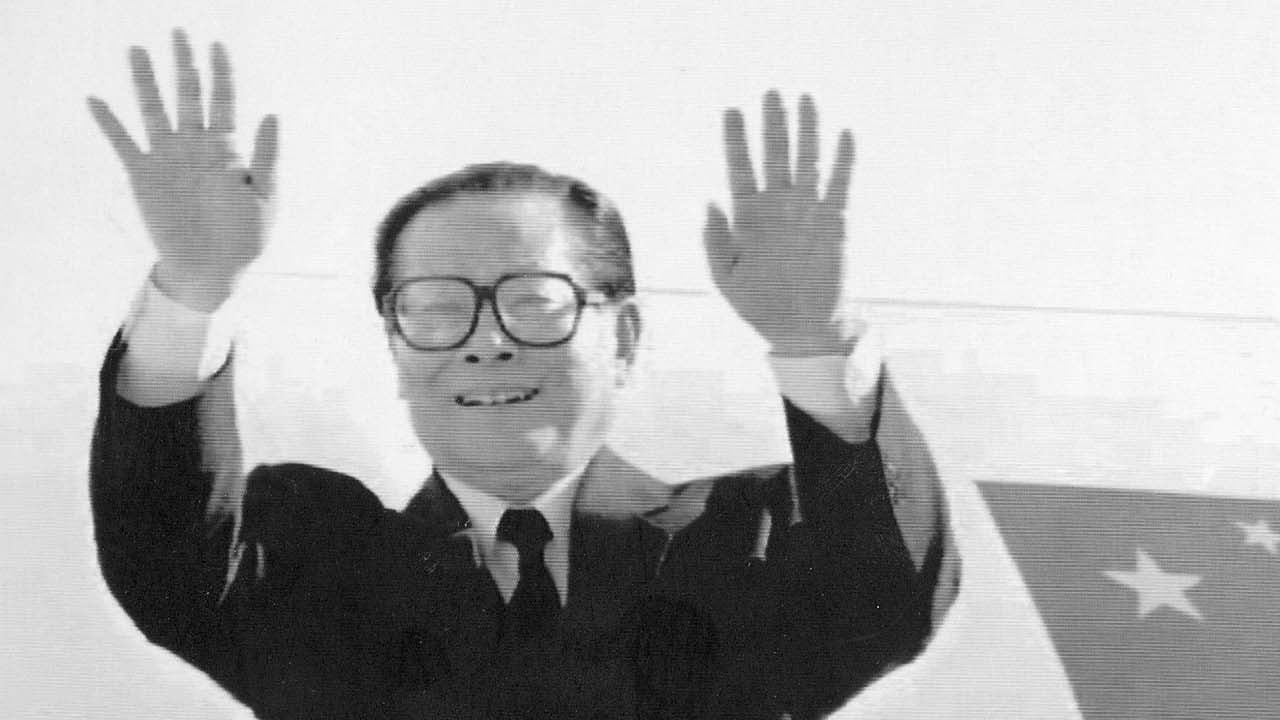
Hong Kong handover just one milestone for the man who led China out of crisis and into world
- With the country at the crossroads, Jiang Zemin kept opening up and reform on track, put paid to international isolation and ensured the city’s governing principle of ‘one country, two systems’ was adhered to
The passing of former leaders of great nations prompts reflection on their importance. In the case of Jiang Zemin, who died aged 96 on Wednesday, history is already being kind to him.
His relevance to contemporary China is uncontested. He took leadership of the Communist Party at a time of national crisis that could have changed the course of history.
He kept policies of opening up and reform on track, led China out of international isolation and implemented the unique “one country, two systems” formula for resumption of Chinese sovereignty over Hong Kong.
There is much more, but that much far exceeded many people’s hopes for Jiang when late paramount leader Deng Xiaoping promoted him to the top job in 1989, in the wake of the June 4 crackdown on student democracy protesters in Tiananmen Square. Two previous successors had been purged.
Much of the world had turned its back on China. The country was at a crossroads.
The turmoil energised conservative forces and derailed Deng’s opening up and reform policies. It was uncertain which direction Jiang would take.
Deng’s famous southern tour of major cities in 1992 made the difference, turning the tide of public and political sentiment in favour of opening up the economy. From then on Jiang gave unwavering support to reform.
Meanwhile, China faced a degree of international isolation over the June 4 crackdown comparable with the position Russia finds itself in today following its invasion of Ukraine. This posed a big hurdle to plans to open up to the world.
Ultimately the key to ending it lay in persuading the United States to change course. This provided an opening for Jiang to display statecraft. China turned to US-friendly Asian countries, such as Japan and Singapore, to use their influence in Washington to soften its attitude.

Liberal and open-minded
This strategy eventually opened the door for Jiang to visit the US. The trip not only signalled an end to the attempt to isolate China, but also helped pave the way for China to negotiate accession to the World Trade Organization with Washington’s support.
Jiang made an impression as a liberal, open-minded and flexible Chinese leader.
Another example of agile statecraft is to be found in the early days of the George W. Bush US administration, which identified China as a potential threat.
The September 11 attacks provided Jiang with the opportunity to offer China’s support in the “war on terror”, which helped reset China-US relations on a more positive course.
Jiang is remembered in Hong Kong for his visit to the handover ceremony in 1997, one of his proudest moments. In his speech he said the central government “will not and should not be allowed to intervene in matters that ought to be handled by the Hong Kong SAR”.
He also warned Hong Kong not to interfere in mainland affairs. But what sets one country, two systems apart under Jiang’s rule is that it is now considered Beijing’s most hands-off period.
One reason was Jiang’s complete trust in the first chief executive, Tung Chee-hwa, with whom he enjoyed a warm personal rapport. Another was more cordial relationships between China and the US and the West during the first few years of one country, two systems.
The severe acute respiratory syndrome (Sars) outbreak and mass protests over the later shelved Article 23 security law were the first events to trigger a more hands-on approach under subsequent leaderships in Beijing.
More were to follow, such as the social and political unrest during the 2014 Occupy protests, 2019 anti-government demonstrations and Covid-19 pandemic.
Shanghai remembers Jiang Zemin as ‘key architect’ of growth and reform
Broad historical perspective
In the early stages of the implementation of one country, two systems, Communist Party leaders had strong faith that as long as the capitalist system prevailed there would be little to worry about in Hong Kong.
That is why the party maintained good relations with tycoons and businesspeople, to try to reassure them that it had a positive attitude towards them.
Later the leadership, like those in capitalist countries, came to realise that capitalism had to acknowledge shared responsibility for the wealth gap and other inequalities, and the environment.
That said, one of Jiang’s most important reforms was to clear the way for capitalists and businesspeople to join the party, opening it up to all walks of life.

Leadership may take many forms. Jiang’s relatively outgoing style reflected a flexible approach, grounded in a broad historical perspective, clear understanding of core interests and adaptability.
Under Jiang, China made great progress. He enjoyed the support of a widely respected premier, Zhu Rongji, to whom he delegated a lot, especially in economic matters.
He promoted and supported many people who helped lay the foundations of China’s economic miracle. His 13 years laid a solid foundation for China’s development into the world’s second largest economy.
He will be remembered as a leader reaffirming China’s opening up and reform.



